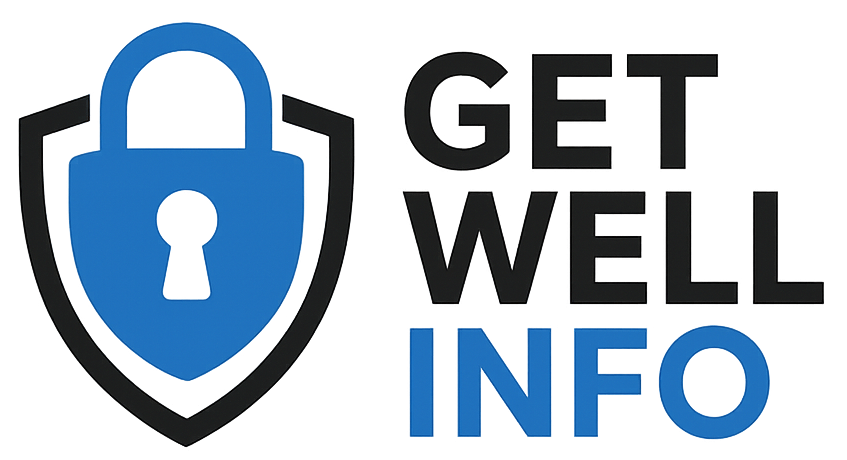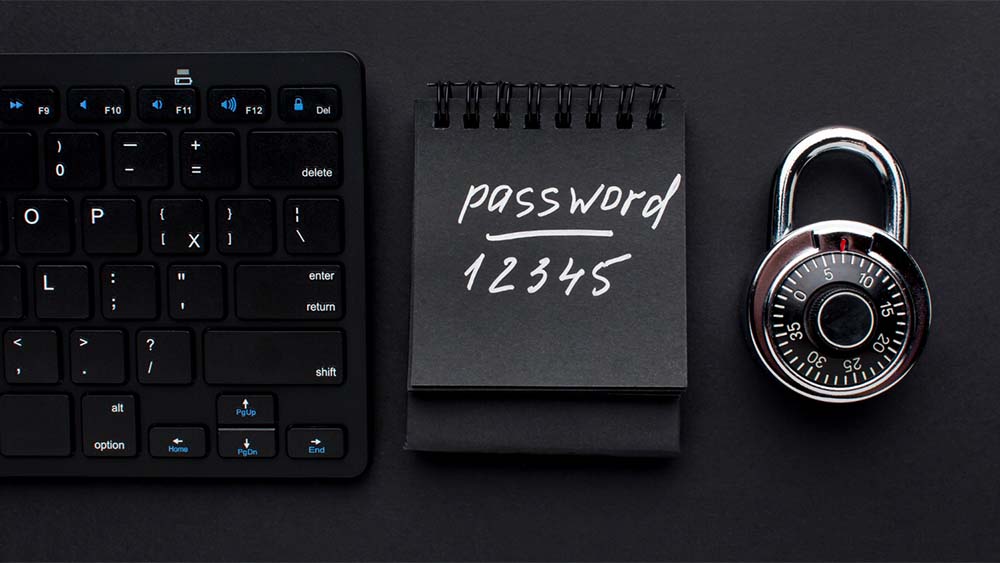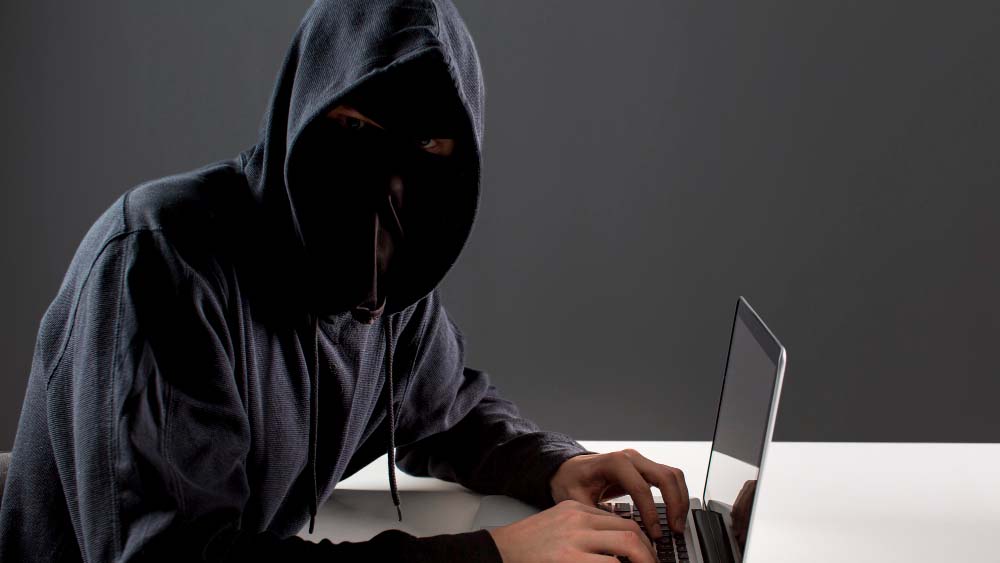In the modern world of connectivity social networks have become a fundamental aspect of our lives. From Facebook to Instagram, Twitter to TikTok we are willing to post everything including our thoughts and feelings to our location and our personal experiences. The ease at that we are able to communicate with family and friends or strangers have made sharing on the internet more prevalent as never before.
While these platforms have many advantages, including keeping us in touch with our loved ones, offering the opportunity to express ourselves as well as helping businesses communicate with their customers, there’s a dark aspect to our online lives. The sharing of information can expose us various dangers that aren’t obvious including identity theft and manipulating our emotions.
In this blog we’ll look at the risks of sharing too much online, the reasons why it’s easy to do, as well as the ways you can ensure your privacy in the digital age.
What is Oversharing?
Oversharing happens when people share more personal details than are required or appropriate, usually through social media or other platforms on the internet. It could include providing your location or details about your routines to sharing personal details and medical conditions or financial difficulties. While these revelations appear to be harmless at first, they could cause serious harm, both to your personal privacy and security online.
Why Do We Overshare Online?
There are many reasons users overshare on social media as well as other platforms:
-
The desire to Connection: Many of us share because we are eager to be connected with other people. Social media has helped create the feeling of a virtual community. Sharing our lives online can help people feel closer to families, friends or strangers with similar interest.
-
Social Validation Comments, likes and shares can provide an increase in dopamine levels, which can boost the need to share more personal details. Oversharing could be a method that seeks approval or attention from other people.
-
Instant Gratification The internet provides instant response times. Posting photos or a status update could result in rapid feedback, which can further strengthen the idea of sharing too much.
-
Unawareness: Many people don’t know the long-term effects of oversharing, or the degree to which their data can be abused by others. Personal information can be gathered and abused by hackers, marketers and even friends.
-
FOMO (Fear of missing out): The pressure to be constantly connected and always online can lead individuals to share details of their lives to “keep up” with peers.
Despite the motives behind sharing too much however, the consequences can be vast and could seriously affect your privacy and security.
The Hidden Dangers of Oversharing Online
1. Identity Theft and Fraud
One of the greatest risk of sharing information too widely could be the theft of your identity. Information about your personal details, like your full name address, birthdate, address and even your telephone number, can be used by criminals to gain access to your identity and sensitive accounts. The information could be put into pieces from comments, posts and pictures you share on the internet, and then utilized to create an account with a new lender, get loans, or open to your accounts at financial institutions.
Hackers are getting more sophisticated and are able to use information from profiles on social media to determine passwords, security queries, or even to launch attacks using phishing. For example, if post details about your pet or childhood street on social networks they are typical security-related questions that can be easily used by criminals.
2. Emotional Manipulation and Exploitation
Sharing personal stories and feelings can expose you to manipulation. Cyberbullies, cyber predators and even those who have malicious motives can make use of the information you share to exploit your weaknesses. In particular, telling people the fact that you’re having difficult times emotionally or financially could make it easier to emotional manipulation, scams or threats of harassment.
Furthermore, sharing too much information could result in unwelcome attention or advice, particularly from people who aren’t in your best interests in mind.
3. Damage to Personal and Professional Reputation
When information is posted online, it can be impossible to erase it completely. Information about your personal life, your past relationships or your opinions regarding controversial subjects can be recorded, archived, or accessed by others in ways that may affect your professional or personal image. An innocent post can be rediscovered years later, possibly impacting your job prospects or relationships with friends.
For instance, employers frequently screen applicants through their profiles on social media. Making public personal grievances, expressing controversial opinions, or other inappropriate content can result in missed chances or even loss of employment.
4. Target for Scams and Phishing Attacks
Your social media posts make you a tempting potential victim for scams involving phishing. Cybercriminals make use of the information they get via your Facebook and Twitter accounts–such as your preferences, interests, or travel plans to create personalized scam emails or messages which are more likely to trick you. Phishing attacks can deceive users into sharing sensitive data such as the number of your bank account, credit card data or login credentials.
In addition, scammers can make use of your online activities to initiate “pretexting” attacks, pretending to be someone you recognize or trust, in order to get you to send money or disclosing private details.
5. Physical Safety Risks
If you post your location or travel plans on the internet You risk being exposed to physical harm. If you share pictures of yourself in an exact location, or even mention that you’re not home thieves and burglars are able to profit from the information. This is particularly true if you make public announcements about the absence of your home in real-time, making your home vulnerable to burglaries or even theft.
In the worst cases, sharing too much could result in harassment or stalking. People may make use of your social media accounts to monitor your movements, observe your routine, or appear in places that you frequent.
6. Data Harvesting and Privacy Invasion
Numerous websites and platforms gather the personal details of users to create comprehensive profiles, which are later transferred to third party companies. In sharing too much, you contribute to the increasing collection of data which companies use to reach you with advertisements, offers and other promotions. This kind of data harvesting usually happens without your understanding or consent, which can compromise your privacy online.
Beyond that Your personal information can be used for purposes you might not realize, like making your political beliefs more influential or making purchases through subtle manipulation.
How to Protect Your Privacy and Avoid Oversharing
Now that we’ve examined the risks of sharing too much information Let’s take a look at some actions that you could take in order to guard your privacy on the internet.
1. Review Privacy Settings on Social Media
You should make sure you adjust the privacy settings of each of your accounts on social media. Most platforms let you restrict who can view the content you post, and who is able to comment and send messages. By making your profiles “private” or limiting access to your content, you are able to make sure that only trusted individuals are able to view your personal data.
2. Be Mindful of What You Share
Before publishing, you should ask yourself whether the information you are sharing is appropriate to be shared publicly. Think about the long-term implications of sharing personal information, especially sensitive information such as your address, number, or travel plans. If you’re not sure you should keep the information private or give it away in a more secure environment.
3. Use Strong Passwords and Two-Factor Authentication (2FA)
To ensure your accounts are safe from hackers, ensure that you use secure unique passwords for each platform. Also, make sure you enable the two-factor verification (2FA) whenever possible. This will add an additional layer of security as it requires another form of verification (such as the use of a text message or an app) in addition to your password.
4. Avoid Public Wi-Fi for Sensitive Transactions
The Wi-Fi networks of public Wi-Fi are typically unsecure and could be the first target of hackers who want to steal your personal information. Avoid connecting to sensitive accounts for example, online banking, or sharing personal data when connected to Wi-Fi networks that are public. If you need to, make use of the VPN to protect your connection.
5. Think Before You Post: The “24-Hour Rule”
Make it a habit to think before posting. Some even advocate using a “24-hour rule,” where you put off a day prior to sharing anything personal or emotionally charged. This allows you to evaluate whether it’s truly worth sharing and if it might have negative implications later on.
6. Educate Yourself on Phishing and Scams
Beware of common scams and phishing methods will help you avoid becoming a victim to a scam. Be wary of messages that are not from a legitimate source or offers that appear too promising to be real Always check the authenticity of an offer before clicking on links or submitting personal information.
Conclusion
It may seem like a good way to stay in touch to your friends, share your thoughts or get some recognition, but it’s a process that comes with significant risk. The risks that lurk behind it, from identity theft to emotional exploitation are real and once your data is available the risk is usually beyond your control. If you are aware of what you share and taking the necessary steps to ensure your privacy online You can reap the benefits of social media as well as online communication while also protecting yourself from dangers. When it comes to sharing on the internet the less you share, the better.








